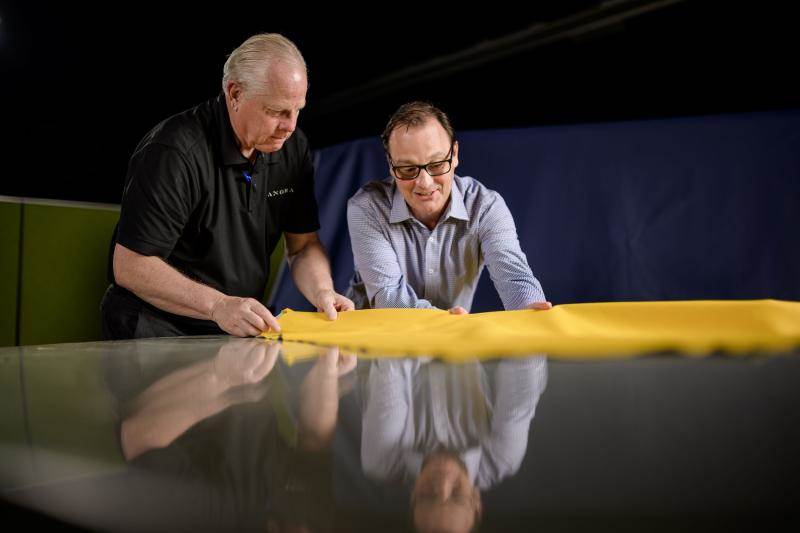Pangea Made sustainability report highlights improvements

Automotive leather group Pangea Made has published its latest sustainability report for the year ending December 31, 2022.
The report revealed that in 2022, the company produced 13,052 kg of biopolymers that were recycled into their Recycled Tan substrate. This process resulted in the conversion of approximately 20.3 metric tons of solid waste into chemical feedstock for reuse.
In terms of circularity and waste, the group was able to save 11,610 mature trees and 2,900 m3 of water.
The company's total global emissions resulted in Scope 1 and 2 GHG emissions of 1.137 kg CO2e per square meter of finished leather in 2022. These levels are similar to those recorded in 2021 (1.142 kg CO2e/m2). However, the company set out goals to enhance its energy management, generate electricity on-site, and offset its electricity consumption from the start of 2023.
In 2022, Pangea Made consumed 1.28 kWh (-3.4%) of electricity and 4867 kJ of thermal energy (primarily natural gas) per square meter of leather processed. The thermal energy figures include the contribution of subcontractors, which was not accounted for in the estimates for 2021.
In addition to the release of the report, the group also announced a new line of Advanced Products for its automotive customers. These Advanced Products are composed of bio-based ingredients that undergo various processes, natural chemistry, mechanical operations, making them perfect for creating "unique luxury interiors".
According to Pangea, these new products are currently being tested and prepared for use by automotive manufacturers worldwide. One of the material recipes has the potential to reduce CO2 emissions by 10% during manufacturing, compared to standard surface materials. Another product has over 90% bio-based content, with more than a third of its chemistry being completely renewable.










